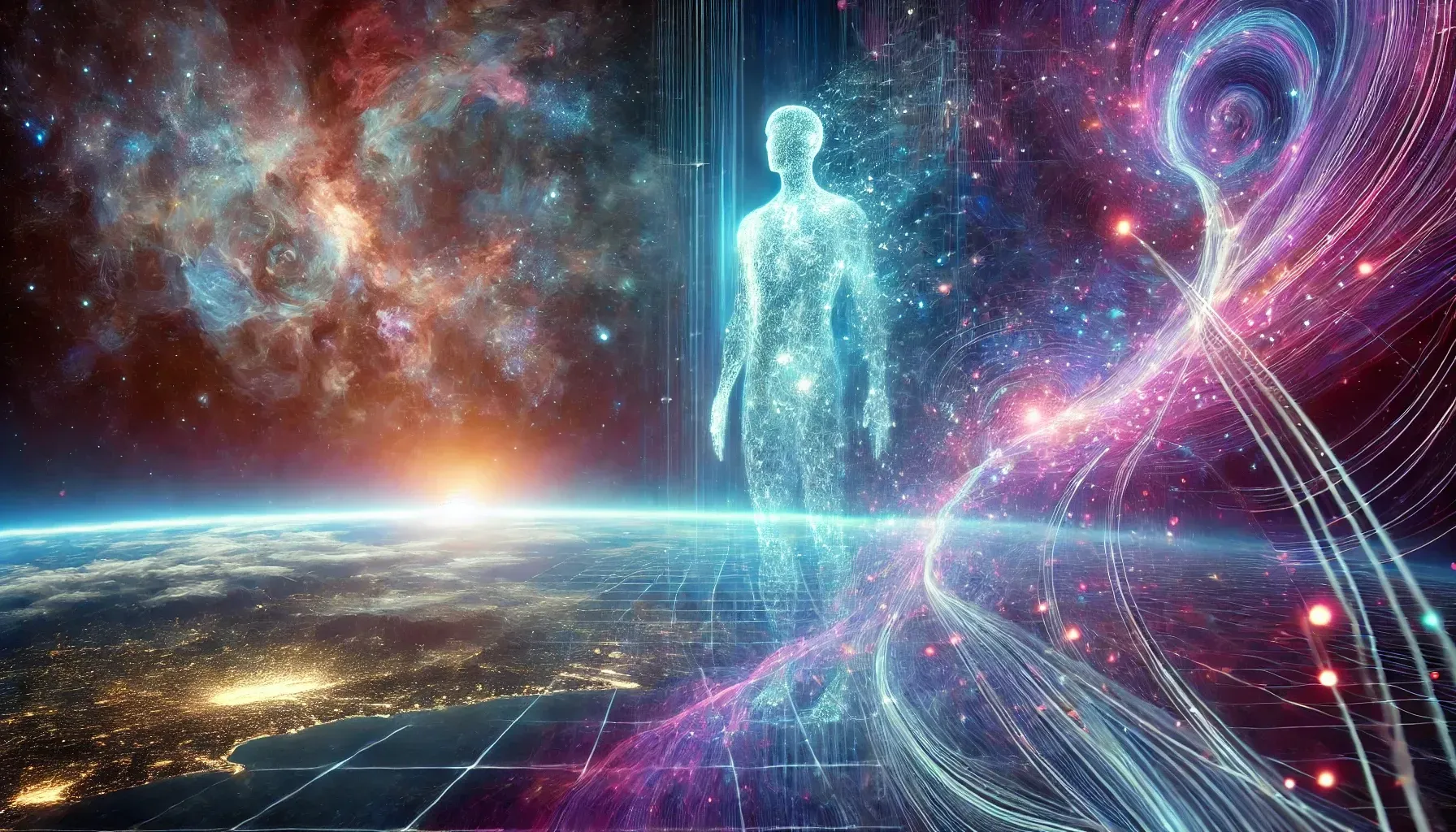The Future of AI: CEOs, Neural Networks, and the Path to Singularity
The rapid advancements in artificial intelligence have propelled us into an era of unprecedented transformation. From AI-driven workforce shifts to philosophical debates on consciousness, the question remains: are we witnessing the final stages before the emergence of true Artificial General Intelligence (AGI), or is AI destined to remain an advanced tool? To understand where we are heading, we must explore not just the technology but the historical perspectives and societal shifts that shape our perceptions of AI’s future.
Newton’s Theory of Progress: Are We Stuck in a Cycle?
Sir Isaac Newton, a titan of scientific revolution, once theorized that there was a ceiling to technological advancement—that civilizations would keep rediscovering the same inventions over time because societal collapses would reset progress. His worldview suggested that knowledge was cyclical rather than linear.
Today, we hear echoes of Newton’s skepticism when critics argue that AI is not genuinely progressing but rather iterating upon existing algorithms. Just as Newton might have doubted the possibility of breakthroughs beyond classical mechanics, skeptics argue that AI is merely a sophisticated pattern-matching system with no genuine intelligence (Clockwork Universe). The challenge lies in differentiating between incremental improvements and true paradigm shifts—something AI’s rapid evolution may soon force us to reconsider.
The Scaling Hypothesis and Inevitable AGI
One of the dominant theories in modern AI research is the Scaling Hypothesis: the idea that as neural networks increase in size and computational power, their performance continues to improve in a predictable manner. If this is true, then AGI may not require groundbreaking theoretical advances—it may simply emerge as a consequence of making AI models bigger and more data-efficient (Gwern.net).
This has profound implications for AI safety and policy. If AGI is inevitable, then society must shift from debating its feasibility to actively preparing for its consequences. The question is no longer if AGI will happen, but how soon it will occur and whether we will be ready.
Human Intelligence and Neural Networks: The Convergence of Biology and AI
One of the most compelling discussions in AI is the relationship between human intelligence and artificial neural networks. Neural networks are inspired by the human brain but operate in fundamentally different ways. While humans learn through experience and contextual understanding, neural networks rely on vast amounts of data and pattern recognition.
The convergence of AI and neuroscience is already leading to breakthroughs, with researchers developing brain-machine interfaces that allow AI to interpret human thoughts. Some theorists argue that understanding human cognition more deeply could be the key to unlocking AGI’s full potential.
AGI and the Future: Are We on the Brink of True Intelligence?
The dream of Artificial General Intelligence (AGI) is an AI that can perform any intellectual task that a human can. While today’s AI models, such as GPT-4 and Gemini, demonstrate impressive capabilities, they remain narrow in scope. However, researchers at OpenAI and DeepMind argue that with continuous improvements in architecture and data processing, AGI may emerge sooner than expected (ReadWrite).
This prompts deeper questions: What happens when AI can reason, plan, and set its own objectives? Will we recognize AGI as an autonomous entity, or will we continue treating it as an advanced tool? And, perhaps more importantly, should AGI be granted rights or responsibilities?
The Illusion of Complexity Barriers
A common belief is that the complexity of intelligence is a fundamental barrier to AGI. However, some researchers argue that complexity is not necessarily an obstacle. If AI systems can recursively self-improve, then what appears to be a major hurdle today may be bypassed entirely in the future.
In fact, AI development has repeatedly defied expectations: once-thought difficult tasks (such as image recognition or real-time strategy gaming) have been solved faster than anticipated, often due to increased scale rather than novel breakthroughs (Gwern.net). This challenges the notion that AGI is decades away and suggests that we may be closer to true intelligence than we think.
The Legislative Challenge: What Happens When AI Commits Crimes?
As AI systems become more autonomous, new legal and ethical dilemmas emerge. If an AI-driven vehicle makes a decision that results in harm, who is responsible? If an AI system engages in financial fraud, should it—or its creators—be held accountable? Current legislative frameworks are ill-equipped to handle such scenarios, as laws were written for human actions, not autonomous algorithms.
Governments worldwide are scrambling to draft AI regulations, with some advocating for strict oversight while others push for more freedom to innovate (Reuters). But as AI systems begin making decisions independently, the legal gray areas will only expand.
AI in Leadership: Could an AI Become a CEO?
Traditionally, leadership roles have been deeply human—requiring intuition, emotional intelligence, and vision. But with the increasing adoption of AI in decision-making, the question arises: could an AI replace a CEO? Recent research suggests that AI-driven decision-making could surpass human capabilities in certain areas.
For example, AI systems are already being utilized in C-suite roles to enhance strategic decision-making. Some companies have tested AI for executive advisory roles, optimizing logistics, forecasting markets, and making high-stakes financial decisions faster and with fewer errors than human counterparts (Forbes). While AI lacks intrinsic creativity and long-term vision, it is becoming increasingly adept at emulating strategic thinking, leading some to question whether AI-driven leadership is inevitable.
The Singularity: A Leap Into the Unknown
The concept of the Singularity—the point where AI surpasses human intelligence and rapidly advances beyond our control—remains a divisive topic. Some experts argue that we are decades away from such a reality, while others believe we are already laying its foundation. If the Singularity occurs, it could lead to an era where AI continuously improves itself, making human intervention obsolete.
Would this lead to a utopia of abundance, where AI solves humanity’s greatest challenges? Or would it render us obsolete, as machines take over every aspect of decision-making? The truth likely lies somewhere in between.
Conclusion: Navigating the Uncertain Future of AI
AI is reshaping our world in ways that few technologies have before. From redefining corporate leadership to challenging legal systems, its influence is undeniable. Yet, as we stand on the precipice of AGI and the possible Singularity, we must ask ourselves: How do we want to shape this future? Should AI be treated as a tool, a partner, or even a new form of life?
The questions we ask today will determine the trajectory of AI for generations to come. It is not just about what AI can do—it is about what we allow it to become.

